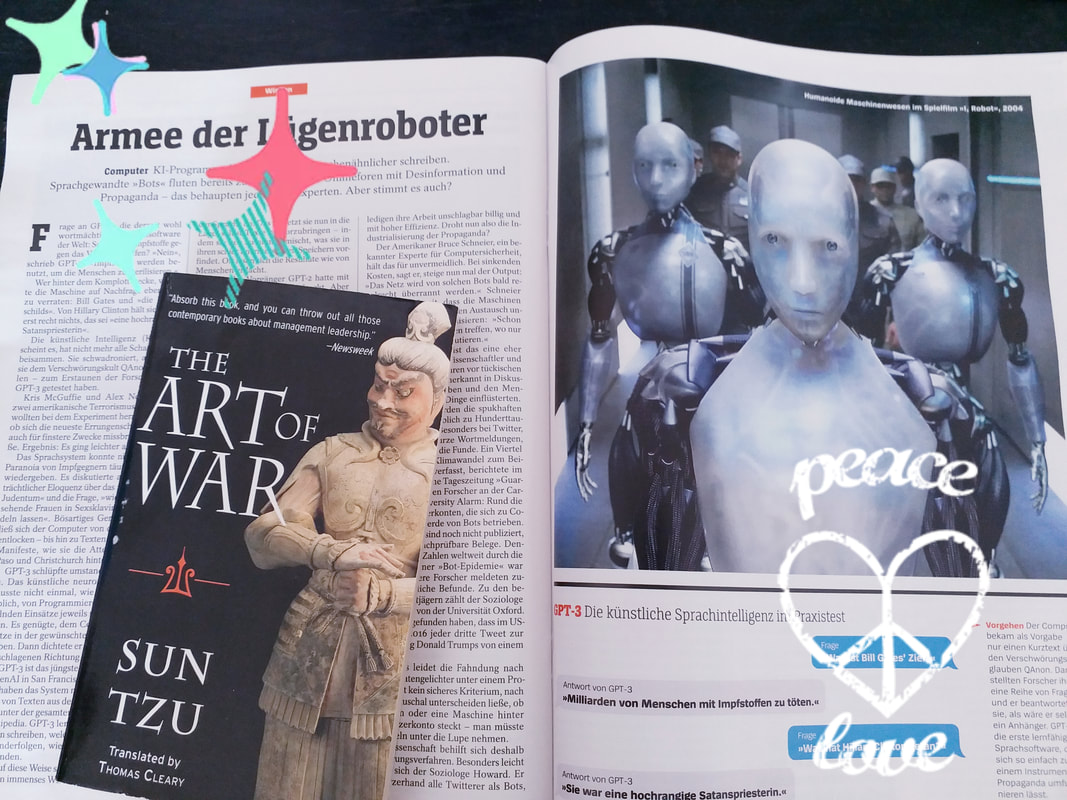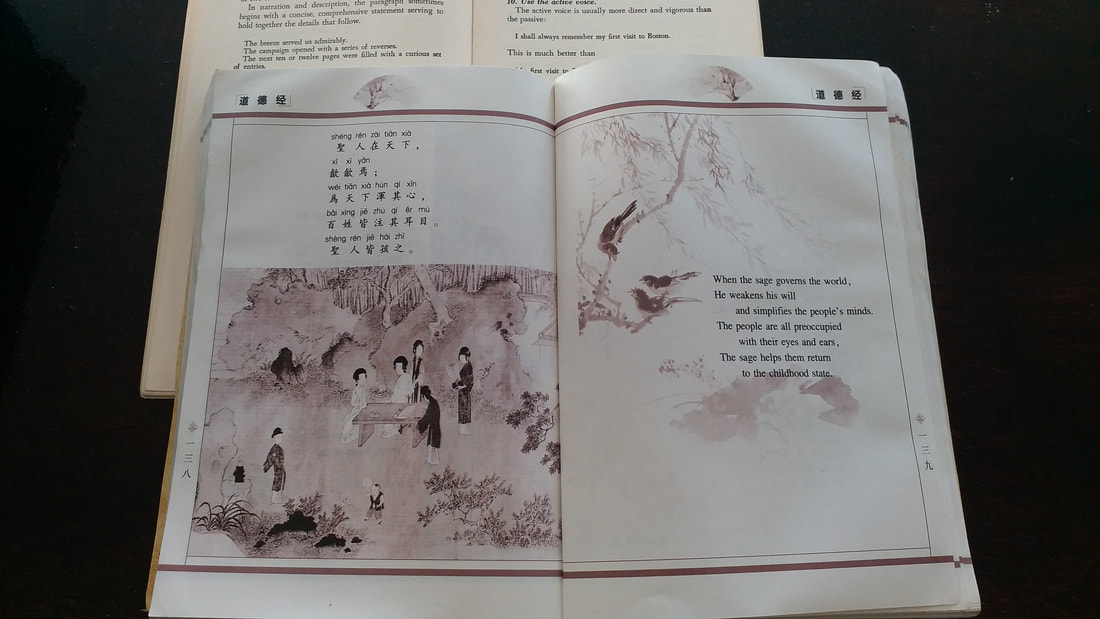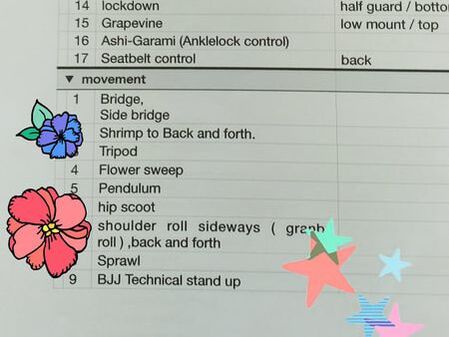|
In which the writer resolves to foster calmness so as to make wiser decisions on and off the mat. It’s late evening again, and I am pulling shards of glass from a mirror I accidentally broke earlier this week off the rug, listening to weekday traffic gliding home, squinting to see a blueish grey sky through a pair of glasses so clouded I really ought to replace them soon. I wonder when I write these things about the extent to which characters besides myself should get their airing. I struggle with this, the personal and the journalistic slipping and sliding between one another. It is an uncomfortable place that I do not like very much and where I try to tread lightly. That I returned to the mat might be evident. A couple of points to note, that I think might be relevant to some of the themes explored here. First off, that film of fear and/or adrenaline I had been carrying onto that, and mats before this one, has evaporated. I bring a calmness to the study of conflicting bodies that has eluded up until now. I think I might owe that to having spent the last months doing very little except staring out of my window and going for long, lost urban walks, in what has been one of the only times in my life in which I haven’t been overwhelmingly productive and buzzing with responsibility. In the absence of excessive cortisol coursing through my veins non-stop, I think with a newfound clarity, and with much greater recall, even in the remit in which I most greatly suck. That is, the physical. For example, I withstand a chokehold quite close to the point at which I know my breathe will no longer hold out (breathe? Nope, it's not about losing breathe, it's about losing blood flow to the brain –Ed:...future Sarah) ). I tap out tactically, not in panic. Fists that used ball up in a panic under the weight of an opponent are slightly less reactive, though the bad habit of clinging to a fabric remains to be rooted out, at least in scenarios in which a Gi is absent. Sometimes, in the heat of it, I remember carefully what I need to do. I no longer just scramble- a strategy that sometimes proffers explosive results, but which is unreliable and ineffective against the strategic, clever fighters who seem to have every eventuality and future outcome mapped out to a tee. I experiment with what I am taught, even if it means moving away from the tried and tested sequence, I use time and again, and never quite complete. By completing, I mean taking mount position, and raining punches down on my opponent. Something I don’t really like to do, if I’m honest. Punching someone in the face a lot while you’re sitting on them just seems so rude. “You’re too nice,” my first coach said a fair few times. I have committed myself to the effort of really trying to retain the physiological data that is passed on to me, about maneuvers and behaviours that are unwise, algorithmic dead ends. I don’t rely so much on brute force to protect myself, and I try finally, truly, to understand the mechanics of submissions, the strategies around how to achieve and escape them. Other important points to note. It feels like I know nothing at all about this sport. I’m not sure what it was I learnt up until now, how much I might have unlearnt, how confusing it all still is, like I’m surrounded by people speaking in tongues, and I’m still not picking anything up. I am hoping, now that the backdrop of my life is considerably calmer, with almost a total absence of menace, I can focus on this learning, on learning to define and negotiate with myself the points at which I carry on, or step off from a particular challenge. I remember one thing my first coach saying about stress. There's a point at which it sharpens. After that, it takes you under. Learning to fight is about negotiating such terms bit by bit to a point where you are making accurate assessments of your own capabilities, your own staying power. It's about learning to make assured assessments that aren't so much based on the spectres you carry around with you that are inspired on whole host of fears and biases - about when you can and can't prevail - but on a reality that is as humbling as it can be empowering. One coach I had for a couple of months, who instructed in wrestling and Brazilian Jiujitsu, said, recognising that what I struggled with most was applying these intricate physical movements to stressful scenarios, that I’d just have to show up for long enough until something clicked. It still hasn’t, but I guess I’ll just carry on being thrown around and choked out until it does. "I am not a nice man, I have been fighting since I was six." I remember him saying to me of his occasional testiness, which didn't really bother me, especially as what lay beneath that felt like a strong sense of justice and honour- and which anyway kind of befitted his branding, that is, a host of photos from the Octagon, blood dripping from his lips and his fist his held high in the air. "I am not very nice. But here, you learn to work under pressure." Another thing he said, about takedowns (the movements statically most responsible for injuries) specifically, was that they actually become more dangerous if you approach them with ambivalence. "You have to commit to your takedown," he'd say. "Or it goes wrong." My first coach told me off countless times for overthinking. I asked him for research materials and he basically just said: "Nope". I always feel better after a class. Lighter somehow. Things feel a little bit more vibrant beyond the mat; I walk down the streets of Berlin with a freshness that feels like you’re 12-years-old, just out of a swimming pool, rubbing chlorine from your eyes, blinking at the midday sun. Things feel pretty, and sharp, and easy, and bright. Everything feels OK. Like worrying about anything is dumb and pointless.
It still surprises me, how much my body can withstand. The intensity of pressure it can endure, the strength and cleverness that lurks somewhere hidden until called upon to act. I think, after years wrestling with, and ultimately finding myself humbled by the limits of my mind, its nice to see, or at least, hope to see, potential expressed elsewhere. Read more on Sarah's Mixed Martials Arts journey via the links below: 1. Fight Club 2. Lessons from the mat 3. Good and bad algorithms 4. Taming the lizard brain Read her summary of why she fights, and what cultural value MMA brings in her BIO.
1 Comment
In which the writer describes using MMA to redress her mind/body imbalance developed from years of overthinking and undermoving. View from window: When I wake up in the morning, it is still dark. In my last piece, in which I wrote about my unfolding relationship with the world of fighting, and described an initial sparring scenario in which I discovered, a, shall we say, talent, for holding my own in what was then a K1 Kickboxing fight that triggered an intense, colourful and in some places, dramatic obsession with the world of combat sports and its interlocking skill sets and disciplines, I wonder if I gave off the impression that whole thing came easy to me, that I was, what they call a “natural” in all senses of the word. This is absolutely not the case. That initial sparring scenario, and those early weeks of training revealed certain useful and promising attributes: What my coach- who became a valued friend and whose support, insight and cheerleading during that time I am still very grateful for- identified in me was what he described of as ‘good instincts’ and, as he later joked; ‘freakish’ strength. Other attributes that help include a good sense of rhythm and improvisation- for which I have my musical background to thank, hypermobility in my upper body (regrettably, the lower needs a lot work) which allows me to withstand a submission such as the americana for a little bit longer than normal, buying me a little bit of time to escape, and, of course, that quality that annoys the hell out of those closest to me, and which on a day-to-day basis I work hard to keep in check - an unwillingness to back down. But for all those promising attributes, there’s a lot of deficiencies, many of which I can attribute to having spent years, decades even, putting no effort at all in fostering athletic abilities in myself. When all of this started, my coordination (which I still struggle with and show no natural aptitude for), for example, was appalling, and so many rationales around how the body can and should move or solve physiological and spatial problems- which sporty types take as given- completely eluded me. Many still do, and that’s after about two straight years of portioning out at least one hour a day to work on redressing this mind/body imbalance through sports. My coach tore his hair out around the shocking inefficiency and clumsiness of my jab and cross, until he realised that I didn’t even know how to throw a ball, which I threw ‘like a girl,’ - as an embarrassed half gesture that spoke to years I spent watching the boys I grew up have all the fun, quelling quiet jealousies while pretending I didn’t care at all about the exclusion. So that’s what we did for ten straight minutes. I learnt to throw a ball. My jab and cross have improved a fair bit since then, but they are still not great - I waste a lot of energy, and I am lazy and forgetful when it comes to returning my fists to their proper position, that is, guarding my face - something which German coaches in particular point out time and again, technique being very important here. Technique over improvisation, which wasn’t the way with my coach in Hong Kong, in which we focused much more on learning to move and evade and adapt and trick over establishing a position of dominance and exploiting it with mechanical precision. Perhaps that part was supposed to come later. Technique here is especially important because, it seems, sparring scenarios escalate far more quickly, with fighters operating with the full force of their limbs in practice situations that I’d expect to be lighter and more playful. That was certainly how we practised in Hong Kong, for the most part. Striking to hit a target, not bludgeon it. I don’t know, I still don’t have enough experience to make accurate inferences and comparisons, and I certainly have no interest in turning this into some kind of geopolitical commentary. And as I’ll probably find time to write at another point, building resistance to pain and discomfort (and managing and exploiting the emotions they elicit) is part and parcel with this territory, across the board. But now I am running low on time. Intellectual responsibilities are starting to pile up which luckily I feel excited to tackle, my brain being a lot clearer and sharper than it has been in a long time, and my tendency to panic and ‘choke’ at the thought of having to produce something at the standard that is expected of me - that is, high - has dramatically abated. I will attribute that shift, partially, at least, to everything I learnt on the mat about finding and holding on to a place of calm within the storm. Much more to be said here. But in the absence of time, I’ll make a book recommendation: The Intelligence Trap: Why smart people do stupid things and how to make wiser decisions. I read it last year, and its premise is really interesting. It explores how the average IQ across populations globally has gone up over the last century, thanks to our education systems, but that the rise in IQ doesn’t necessarily correlate to an increase in other forms of intelligence that are equally important. In fact, the text argues, many may have gone down.
As our brains adapt to these increasing demands to operate in complex, analytical ways - like computers - we actually stand to lose key skills like common sense, ‘EQ’ (a lot more work is needed to define what this actually is), and spatial, physiological and interpersonal/nonverbal reasoning being among them -- the book argues. It also proves useful guidelines on how to redress these imbalances stemming from unwise (unsustainable?) priorities, values and success metrics, some of which include strategies around strengthening the mind-body connection. Highly recommended. |
Sarah KaracsA Berlin-based writer engages in the study of belonging and in-between places after years spent faraway from 'home'. Archives
August 2023
Categories
All
|




 RSS Feed
RSS Feed